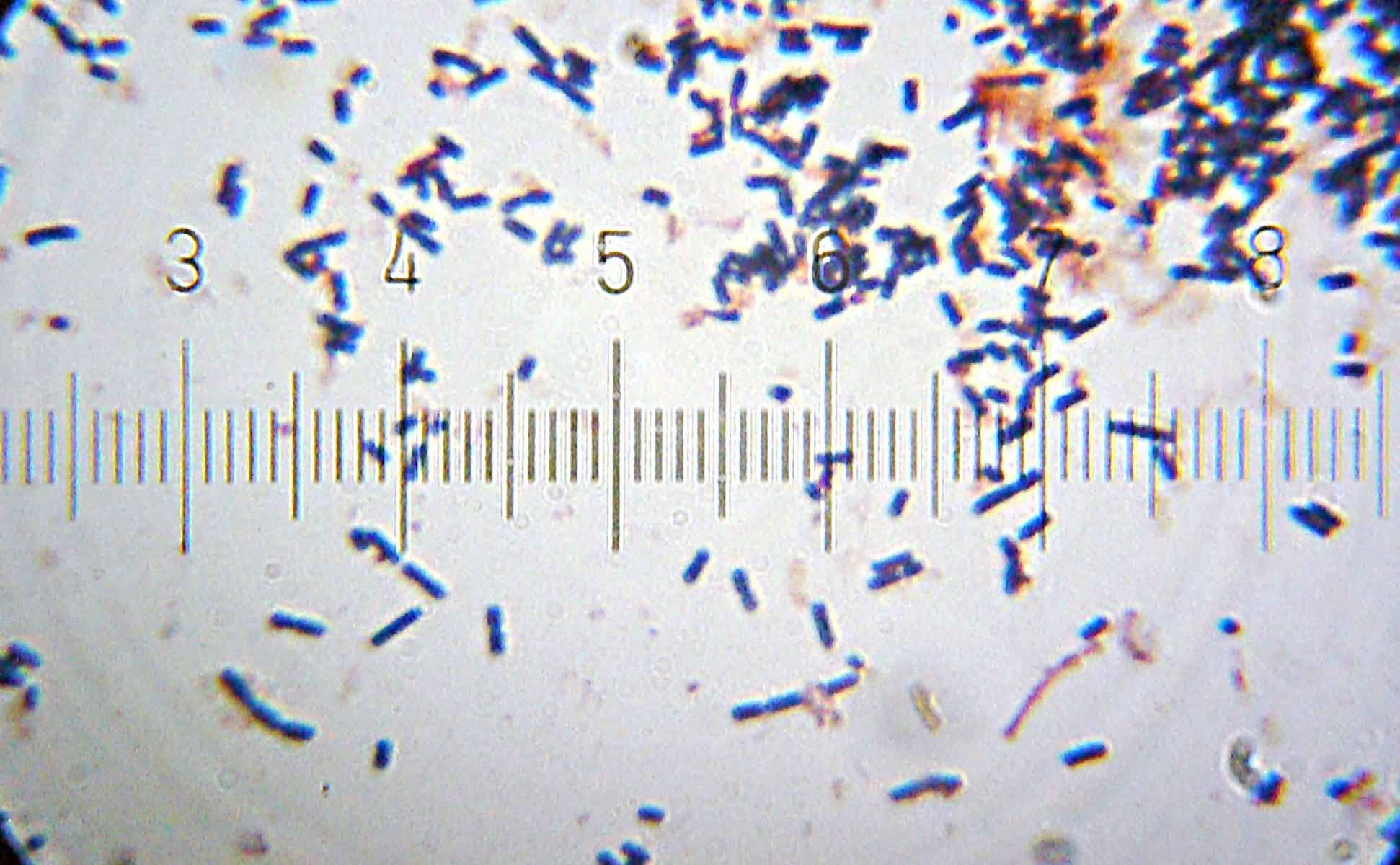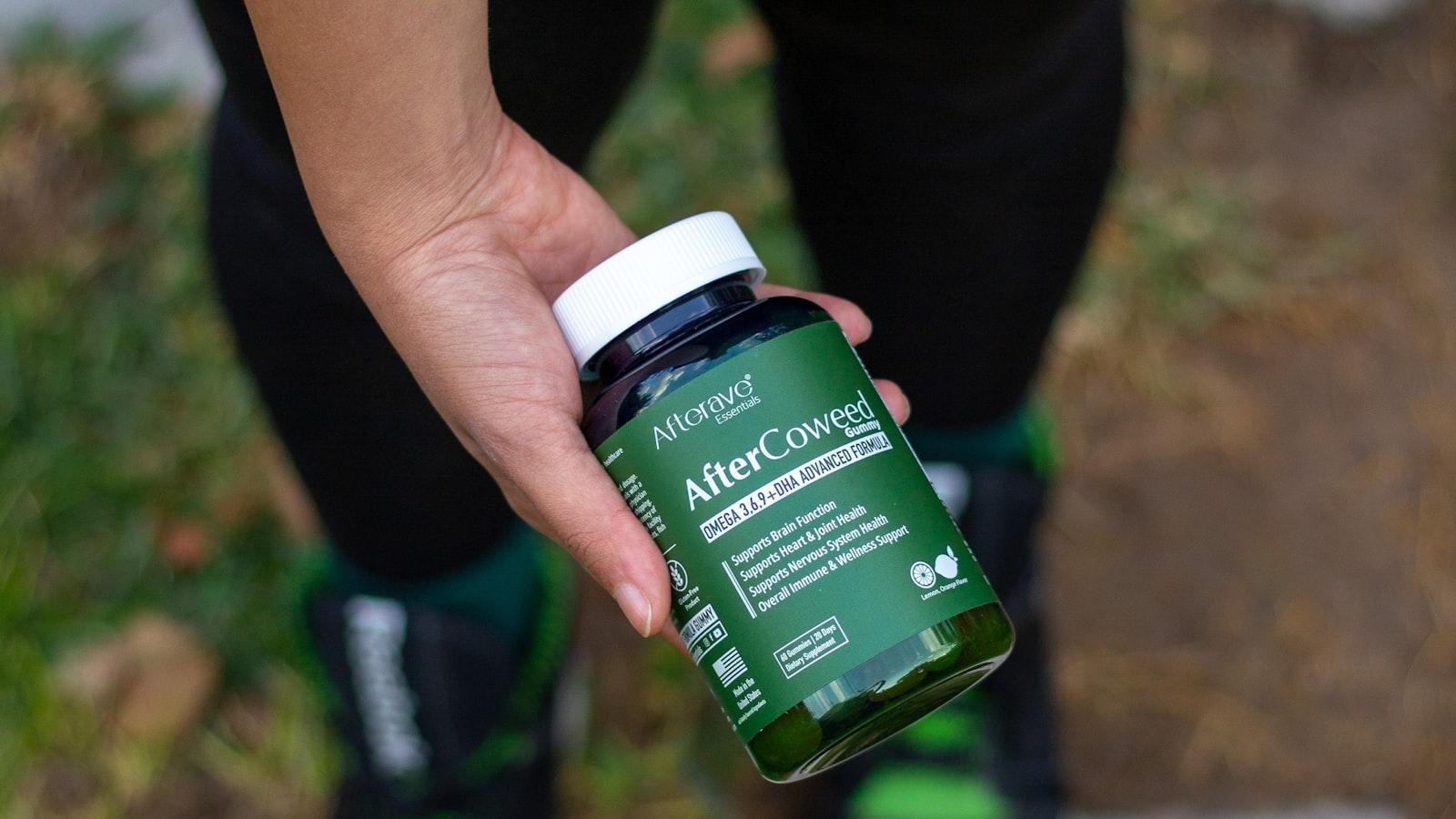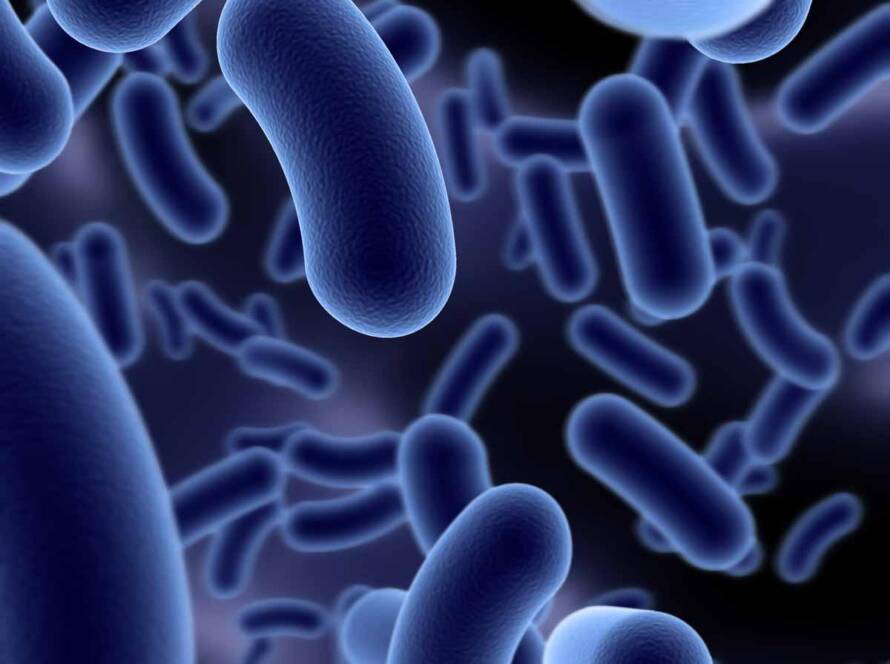In the rapidly evolving field of poultry science, understanding the intricate dynamics between dietary supplements and the health and growth performance of farmed birds has garnered significant attention. Among the plethora of probiotics studied, Lactobacillus acidophilus and Bacillus subtilis stand out for their promising implications in poultry nutrition and health management. This article delves into a groundbreaking study that explores the impact of these probiotics on Cherry Valley ducks during their fattening period—a critical phase that determines their growth, health, and overall quality. Through rigorous research, this study sheds light on how Lactobacillus acidophilus and Bacillus subtilis not only influence the growth performance of these ducks but also play a pivotal role in enhancing their serum immunity and modulating the cecal microbiota, offering insights that could revolutionize current practices in poultry farming. Join us as we dissect the methodology, findings, and implications of this study, unveiling the potential of these probiotics in setting new benchmarks for the poultry industry.
Table of Contents
- Impact of Lactobacillus acidophilus and Bacillus subtilis on Growth Performance in Cherry Valley Ducks
- Serum Immunity Enhancement in Cherry Valley Ducks Through Probiotic Intervention
- Shaping Cecal Microbiota: The Role of Probiotics During the Fattening Period of Cherry Valley Ducks
- Probiotic Recommendations for Optimal Growth and Health in Cherry Valley Ducks
- Q&A
- In Retrospect

Impact of Lactobacillus acidophilus and Bacillus subtilis on Growth Performance in Cherry Valley Ducks
In the pursuit of optimizing the health and growth of Cherry Valley ducks, remarkable strides have been made through the strategic incorporation of probiotics Lactobacillus acidophilus and Bacillus subtilis into their diet. This dual probiotic approach aims to leverage the multiple beneficial effects each strain offers, primarily focusing on enhancing growth performance. Research findings indicate that ducks fed diets supplemented with these probiotics not only exhibit accelerated growth rates but also show improvements in feed conversion ratios. Essentially, these ducks are able to convert feed into body mass more efficiently, attributing to a significant uplift in overall production efficiency.
On a more granular level, the administration of Lactobacillus acidophilus and Bacillus subtilis has shown to exert profound effects on the serum immunity and cecal microbiota of Cherry Valley ducks. The serum immunity levels saw considerable improvement, indicating a stronger resistance to common pathogens and diseases, thereby reducing mortality rates and enhancing flock health. Moreover, an enhanced cecal microbiota diversity was observed, which is instrumental in nutrient absorption and overall gut health. This advancement not only illustrates the potential of probiotics in poultry nutrition but underscores the intricate relationship between gut microbiota and the immune system.
| Parameter | Control Group | Treated Group |
|---|---|---|
| Growth Rate | Standard | Increased |
| Feed Conversion Ratio | Standard | Improved |
| Serum Immunity Levels | Baseline | Enhanced |
| Cecal Microbiota Diversity | Baseline | Enhanced |

Serum Immunity Enhancement in Cherry Valley Ducks Through Probiotic Intervention
In recent years, the poultry industry has shown a growing interest in the use of probiotics as a natural method to enhance growth performance and immune response in birds. Specifically, the application of Lactobacillus acidophilus and Bacillus subtilis in the diet of Cherry Valley ducks has yielded remarkable findings. These probiotics have been recognized for their influential role in not only promoting healthier growth rates but also in significantly optimizing serum immunity levels. Research illustrates that ducks supplemented with these beneficial bacteria exhibit enhanced resistance to common pathogens, evidencing the pivotal role of gut flora in systemic health.
The impact of these probiotics extends beyond systemic immunity to influence the gut microbiota composition of Cherry Valley ducks. This is critical as the gut microbiome plays a fundamental role in nutrient absorption, metabolism, and overall health. Studies have revealed that Lactobacillus acidophilus and Bacillus subtilis intervention led to a healthier cecal microbiota, characterized by an increase in beneficial bacterial population and a decrease in harmful bacteria. Such alterations in gut microbiota not only support better nutrient utilization and growth performance but also contribute to a stronger immune defense mechanism, showcasing the multifaceted benefits of probiotic supplementation.
| Parameter | Lactobacillus acidophilus | Bacillus subtilis |
|---|---|---|
| Growth Performance | Significantly Improved | Significantly Improved |
| Serum Immunity | Enhanced | Enhanced |
| Cecal Microbiota | Healthier Composition | Healthier Composition |
This compelling evidence underscores the considerable promise of Lactobacillus acidophilus and Bacillus subtilis as natural growth and health enhancers in poultry diets, particularly for Cherry Valley ducks. Incorporating these probiotics into feed regimes not only fosters robust growth and development but also fortifies the immune system and promotes a balanced gut microbiome, establishing a holistic approach to poultry health management.
Shaping Cecal Microbiota: The Role of Probiotics During the Fattening Period of Cherry Valley Ducks
The intricate dance of gut health and overall wellness in poultry, particularly Cherry Valley ducks, has long been a subject of scientific intrigue. The spotlight, in recent explorations, has turned towards probiotics like Lactobacillus acidophilus and Bacillus subtilis, hailed for their promising roles in enhancing growth performance, boosting serum immunity, and sculpting a beneficial cecal microbiota landscape. This breakthrough discovery points towards a natural, antibiotic-free approach to poultry farming, where these probiotics act as catalysts in improving the health and productivity of ducks during their crucial fattening period.
Studies focusing on these two probiotic strains have unveiled compelling outcomes. Ducks receiving these probiotics exhibited remarkable improvements in:
- Growth Performance: Enhanced body weight gain and feed conversion ratios, signifying a more efficient nutrient uptake and utilization.
- Serum Immunity: Elevated levels of serum immunoglobulins, indicating a bolstered immune response against pathogens.
- Cecal Microbiota Balance: A healthier composition of cecal microbiota, characterized by an increase in beneficial bacteria and a decrease in harmful bacteria populations.
These alterations not only pave the way for a healthier flock but also contribute significantly to the economics of poultry farming by reducing mortality rates and improving market weight of ducks.

Probiotic Recommendations for Optimal Growth and Health in Cherry Valley Ducks
Adding specific probiotics to the diets of Cherry Valley ducks can profoundly influence their growth rates, immune system robustness, and gut microbiota composition. Recent studies focusing on Lactobacillus acidophilus and Bacillus subtilis reveal their critical roles in enhancing poultry performance. These probiotics, when included in feed, have been shown to not only boost growth metrics such as weight gain and feed conversion ratios but also to fortify the ducks’ serum immunity. This indicates a direct improvement in the health and vitality of the birds, making a compelling case for their inclusion in feed formulations.
The impact on the cecal microbiota – essentially the community of microorganisms living in the intestines of the ducks – is equally notable. A balanced microbial community is crucial for nutrient absorption, pathogen defense, and overall gut health. Lactobacillus acidophilus and Bacillus subtilis have shown promising results in modulating this microbiota towards a more favorable composition. This modulation is critical, as it has direct ties to improved digestion, better immune responses, and overall healthier poultry. Below is a simplified overview of the benefits observed:
| Probiotic | Notable Benefits |
|---|---|
| Lactobacillus acidophilus |
|
| Bacillus subtilis |
|
These findings underscore the importance of targeting dietary interventions that leverage the health-promoting characteristics of these probiotics. The subsequent enhancement in growth performance, serum immunity, and a healthier gut microbiota presents a significant advancement in the nutritional management of Cherry Valley ducks, pointing towards a more efficient and healthier fattening period.
Q&A
### Q&A: Exploring the Impact of Lactobacillus acidophilus and Bacillus subtilis on Cherry Valley Ducks
Q1: What was the main objective of the study on Lactobacillus acidophilus and Bacillus subtilis?
The main objective was to examine how the inclusion of Lactobacillus acidophilus and Bacillus subtilis in the diet of Cherry Valley ducks influences their growth performance, serum immune responses, and the composition of their cecal microbiota during the fattening period.
Q2: Why focus on Cherry Valley ducks in this study?
Cherry Valley ducks are widely cultivated for their meat, making them an important economic resource in poultry farming. Enhancing their growth performance and health through dietary means could significantly benefit the poultry industry.
Q3: How were the ducks treated in the study?
The ducks were divided into different groups, with each group receiving a different dietary treatment. These treatments included a control diet, a diet supplemented with Lactobacillus acidophilus, and a diet supplemented with Bacillus subtilis.
Q4: What were the key findings regarding the growth performance of the ducks?
The study found that ducks fed diets supplemented with either Lactobacillus acidophilus or Bacillus subtilis showed significant improvements in body weight gain and feed conversion ratio compared to ducks on the control diet, indicating a positive effect on growth performance.
Q5: What changes were observed in the serum immunity of the ducks?
Ducks receiving the probiotic-supplemented diets exhibited enhanced serum immunity. This was evidenced by higher levels of serum immunoglobulins, indicating an improved immune response to pathogens.
Q6: How did the cecal microbiota of the ducks change?
The supplementation of diets with Lactobacillus acidophilus and Bacillus subtilis was found to significantly alter the cecal microbiota composition of the ducks. There was an increase in beneficial bacteria populations, which is crucial for gut health and overall well-being.
Q7: What does this study suggest about the use of probiotics in poultry diets?
This study supports the potential benefits of adding probiotics like Lactobacillus acidophilus and Bacillus subtilis to poultry diets. It suggests that such dietary supplements can improve growth performance, enhance immune system response, and positively modulate gut microbiota in Cherry Valley ducks.
Q8: Are there any implications for future research or poultry farming practices?
The findings highlight the need for further research to fully understand the mechanisms through which probiotics exert their effects and to explore their potential on a larger scale in commercial poultry farming. It also encourages the poultry industry to consider probiotics as a natural and effective way to enhance the productivity and health of their flocks.
In Retrospect
In conclusion, the findings of this study provide substantial evidence supporting the beneficial role of Lactobacillus acidophilus and Bacillus subtilis in enhancing the growth performance, serum immunity, and cecal microbiota composition of Cherry Valley ducks during the fattening period. These results not only shed light on the potential of probiotics as a natural and effective alternative to antibiotics in poultry production but also underscore the importance of understanding the interactions between diet supplementation and animal health. Future research, focusing on mechanistic studies and field trials, is necessary to fully elucidate the underlying mechanisms of action and to assess the practical applications of these findings in commercial poultry operations. This study contributes to the growing body of knowledge on the positive impacts of probiotics in animal nutrition and health, paving the way for more sustainable and health-oriented poultry production practices.


